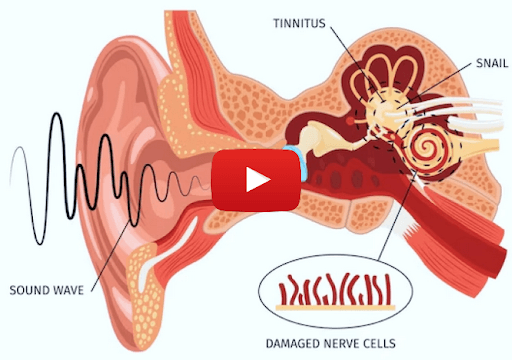14 POWERFUL Science Backed Health Benefits Of Cinnamon DAILY
You sprinkle cinnamon in your oatmeal, coffee, and baked goods, but did you know this spice extends far beyond just flavor enhancement? For thousands of years, cinnamon has been cherished for its medicinal properties. Recent studies have begun to support what was long known: cinnamon comprises several health benefits that touch various aspects of wellness.
Heart disease remains one of the leading causes of premature death globally. It's heartening to learn that cinnamon can play a part in reducing this risk. Particularly for individuals with type 2 diabetes, as little as one gram per day can positively impact blood markers, reducing total cholesterol, BAD cholesterol, and triglycerides. Additionally, cinnamon can stabilize GOOD cholesterol levels and moderate blood pressure.
Cancer, characterized by the uncontrolled growth of cells, poses a significant health challenge. Cinnamon has been widely studied, and preliminary studies suggest its extracts can hinder cancer cell growth, impacting blood vessel formation in tumors and inducing cancer cell death. Additionally, cinnamon activated detoxifying enzymes in mice with colon cancer, showing potential benefits beyond laboratory settings.
While Alzheimer's and Parkinson’s diseases remain incurable today, cinnamon could play a crucial role in symptom management. Studies indicate that it helps maintain neuron function and ease motor control difficulties in these neurological conditions, thereby offering patients a chance to maintain their routines with less disruption.
For many years, Eastern and Western medicine utilized cinnamon to address gastrointestinal issues. Its properties as a digestive and anti-inflammatory agent are lauded, seen especially in traditional treatments where cinnamon bark oil aids in digestive imbalances.
Cinnamon shines with its antifungal, antibacterial, and antiviral attributes. Its capacity to proof against spoilage extends even to the body, seen in combating common colds and other mucosal foes like bronchitis. Research underscores that cinnamon could be impactful in virus management, even presenting preventive opportunities around HIV development.
"In a world increasingly looking for natural solutions, cinnamon stands out with promise in not just culinary settings but as a health-promoting spice."
Beyond plumping lips by improving surface-level blood flow or moderating chronic inflammation with its high flavonoid content, cinnamon also finds its way into managing conditions like polycystic ovary syndrome (PCOS) and metabolic disease. Test subjects note reduced complications in metabolic syndrome markers, as cinnamon acts to intertwine appeal and utility throughout culinary landscapes.
When it comes to adding cinnamon in your day-to-day, think broadly. Beyond dusting atop sweeteners or beverages, use these aromatic bark sheddings in savory endeavors — soups, stews, on proteins, mixed in yogurts, or dashed into vibrant salads.
There's a slice of this Darjeeling delight perfect for everyone seeking nutritious perks amidst aromatic complexity, as it places health and flavor hand-in-hand, inviting culinary creativity bolstered by diverse health advantages.
From Around The Web
Wellness Inbox is a blog & weekly newsletter that curates trending news and products related to health and wellness from around the web. We also gather content from various sources, including leading health professionals, and deliver it directly to you.
Please note that we may receive compensation if you purchase any products featured in our newsletter. Wellness Inbox is not affiliated with, nor does it endorse, any health professionals whose content may appear in our newsletter. The information provided is for general informational purposes only and should not be considered medical advice.
The information provided is not intended to replace professional medical advice, diagnosis, or treatment. All content, including text, graphics, images, and information available is for general informational purposes only. We do not guarantee the accuracy or completeness of any information presented and assume no liability for any errors or omissions. The content is subject to change without notice. We encourage you to verify any information with other reliable sources and consult your physician regarding any medical conditions or treatments.







